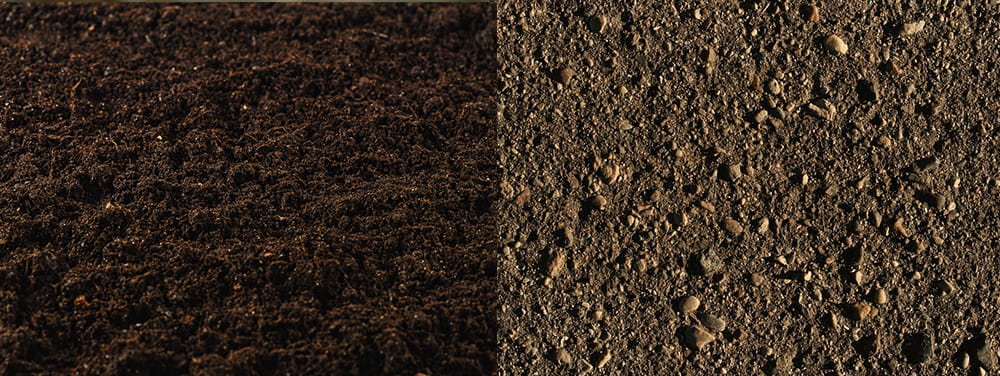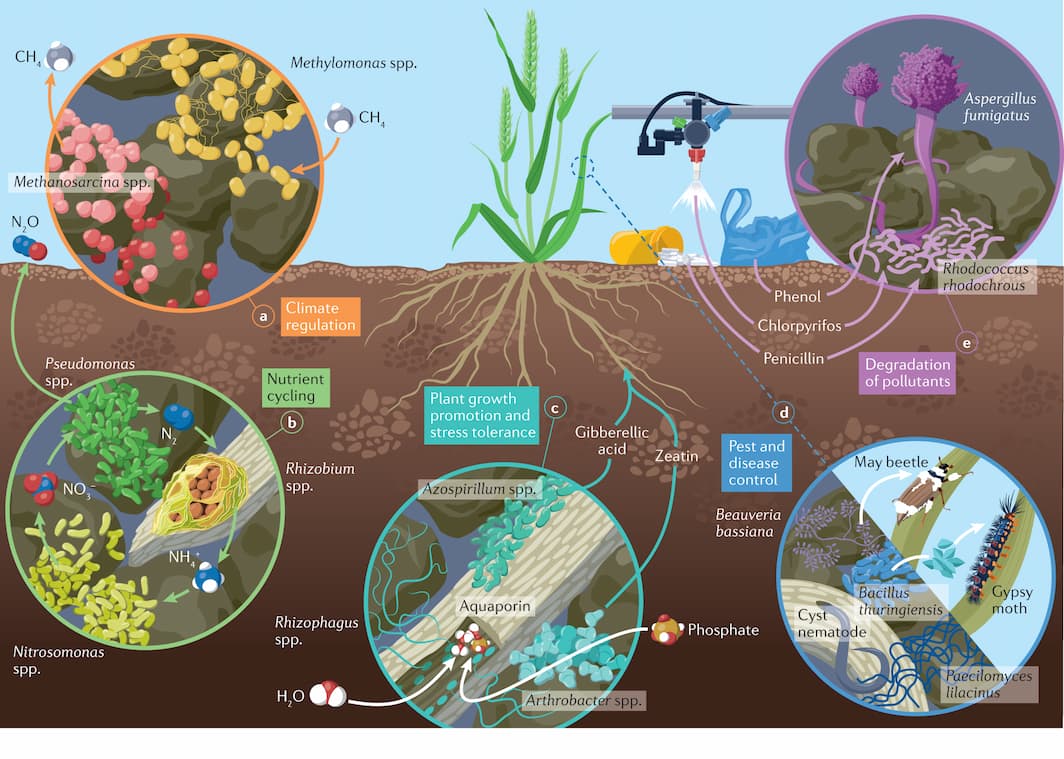
Choosing the right type of fertilizer can make a significant difference—not just in plant growth, but also in long-term soil health and environmental sustainability. Let's take a closer look at the key differences between organic and chemical fertilizers to help you make informed decisions in your farming or gardening practices.
⚗️ 1. Composition
Chemical fertilizers are made from synthetic mineral compounds, such as ammonium nitrate, superphosphate, or potassium chloride.
Organic fertilizers are derived from carbon-based natural sources like compost, animal manure, green waste, and plant residues.
👉 While chemical fertilizers deliver nutrients in an immediately available form, organic fertilizers release nutrients more gradually through microbial activity.
⏳ 2. Effect Duration
Chemical fertilizers provide a quick nutrient boost, often visible within days—but their effects are usually short-lived.
Organic fertilizers work more slowly, but they enrich the soil over time, leading to more stable and sustained plant health.
👉 Think of chemical fertilizers as a quick fix, while organic fertilizers act like a long-term investment in soil fertility.
🌱 3. Impact on Soil Health
Repeated use of chemical fertilizers may lead to soil compaction, reduced microbial life, and imbalanced pH levels over time.
In contrast, organic fertilizers support beneficial microorganisms, improve soil structure, and enhance the soil’s water-holding capacity.
👉 Healthy soil is the foundation of productive and sustainable agriculture—and organic fertilizers help build it.
🌍 4. Environmental Considerations
Organic fertilizers are biodegradable and pose minimal risk to the environment when applied correctly.
Chemical fertilizers, if overused or misapplied, can leach into waterways, polluting groundwater and rivers with nitrates and phosphates.
👉 Choosing organic helps reduce environmental impact and promotes ecosystem balance.

✅ Conclusion
Both organic and chemical fertilizers have their roles in modern agriculture—but for those seeking long-term soil health, sustainability, and ecological safety, organic fertilizers are the smarter, safer choice.
📌 Tip: A balanced fertilization strategy may involve integrating both types—using chemical fertilizers for immediate correction, and organic fertilizers for lasting soil regeneration.